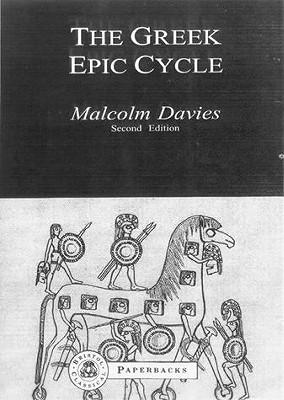In the wake of Homer's "Iliad" and "Odyssey", poets of the seventh and sixth centuries BC composed epics which covered other parts of the Trojan War story or different areas of Greek mythology. Quotations from them and other testimonies as to their content survive in later authors and the evidence thus assembled allows us to reconstruct something of the poems' contents. Collectively these poems came to be known by Hellenistic scholars in Alexandria as 'The Epic Cycle'. With their often grotesque and fantastic tales, the cyclic poems were an important source for later writers of epic. Yet they also present a wealth of fascinating mythological details in their own right and provide absorbing variation on the traditional themes presented in Homer. Why are certain themes frequently used, while others are neglected in various poems? Such considerations enhance an overall appreciation of epic theme and outlook. This short study provides an introduction to the Cycle for students and scholars of Greek epic, and of Classical civilisation and mythology more generally. All quotations are translated, making the material accessible to those with little or no Greek.

In the wake of Homer's "Iliad" and "Odyssey", poets of the seventh and sixth centuries BC composed epics which covered other parts of the Trojan War story or different areas of Greek mythology. Quotations from them and other testimonies as to their content survive in later authors and the evidence thus assembled allows us to reconstruct something of the poems' contents. Collectively these poems came to be known by Hellenistic scholars in Alexandria as 'The Epic Cycle'. With their often grotesque and fantastic tales, the cyclic poems were an important source for later writers of epic. Yet they also present a wealth of fascinating mythological details in their own right and provide absorbing variation on the traditional themes presented in Homer. Why are certain themes frequently used, while others are neglected in various poems? Such considerations enhance an overall appreciation of epic theme and outlook. This short study provides an introduction to the Cycle for students and scholars of Greek epic, and of Classical civilisation and mythology more generally. All quotations are translated, making the material accessible to those with little or no Greek.